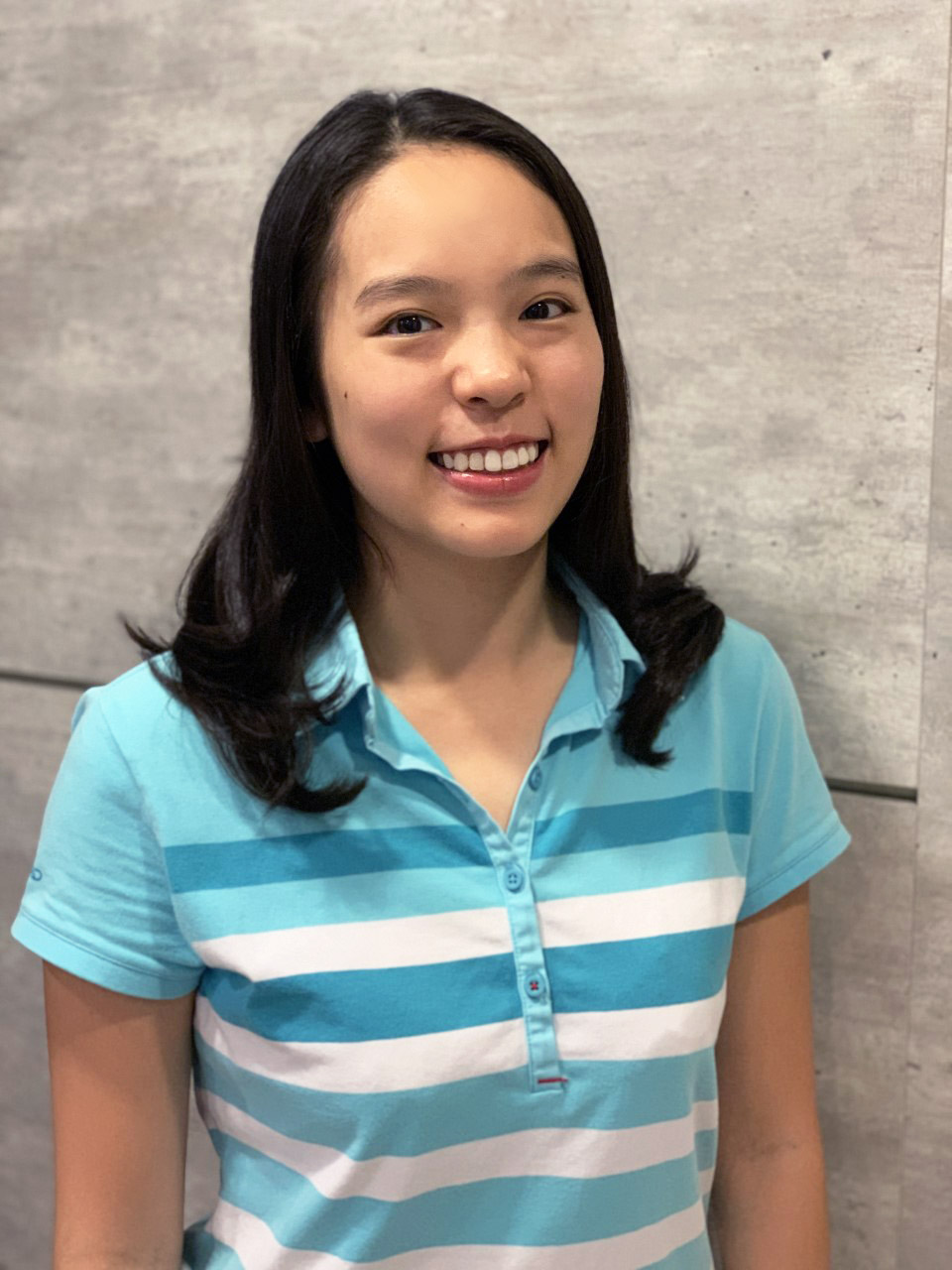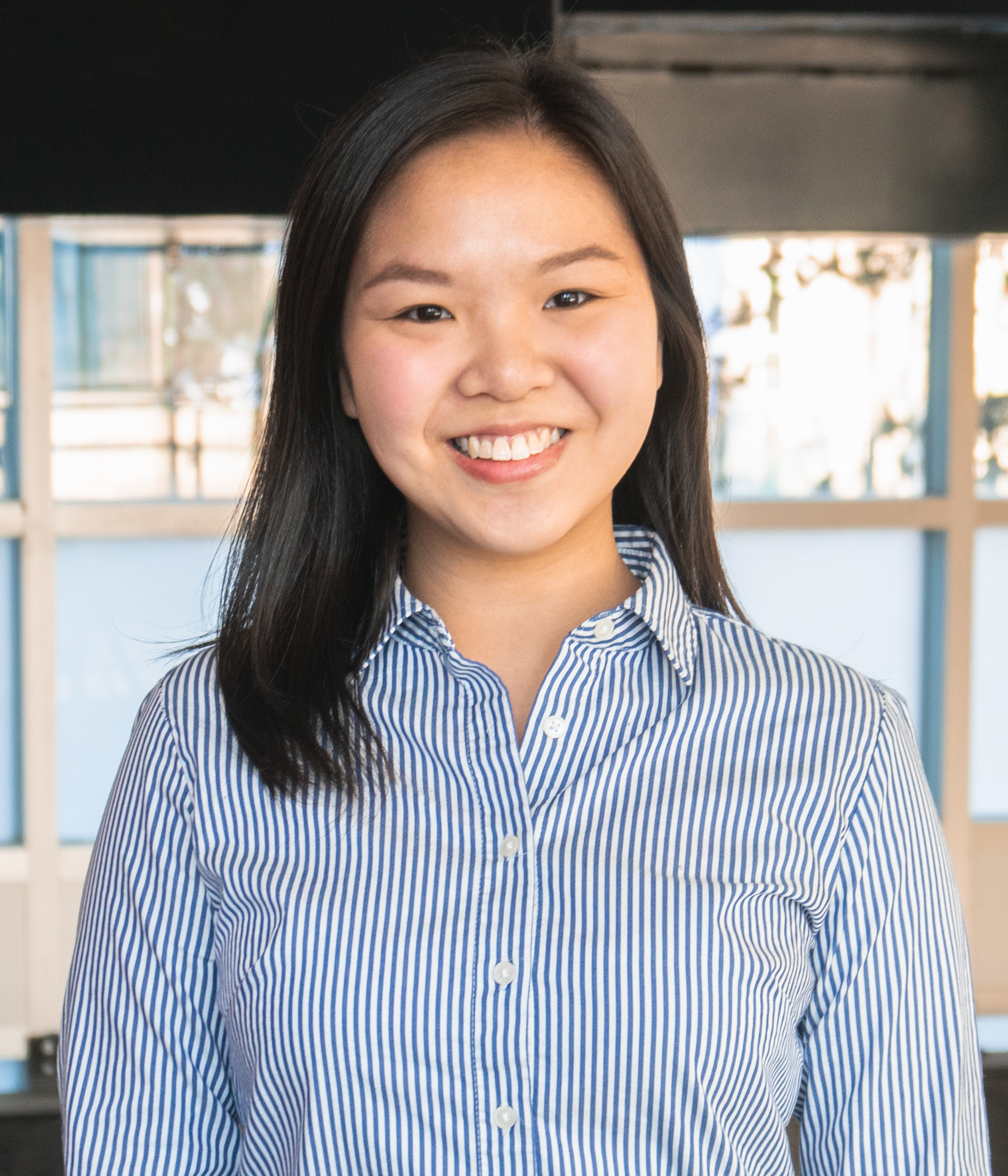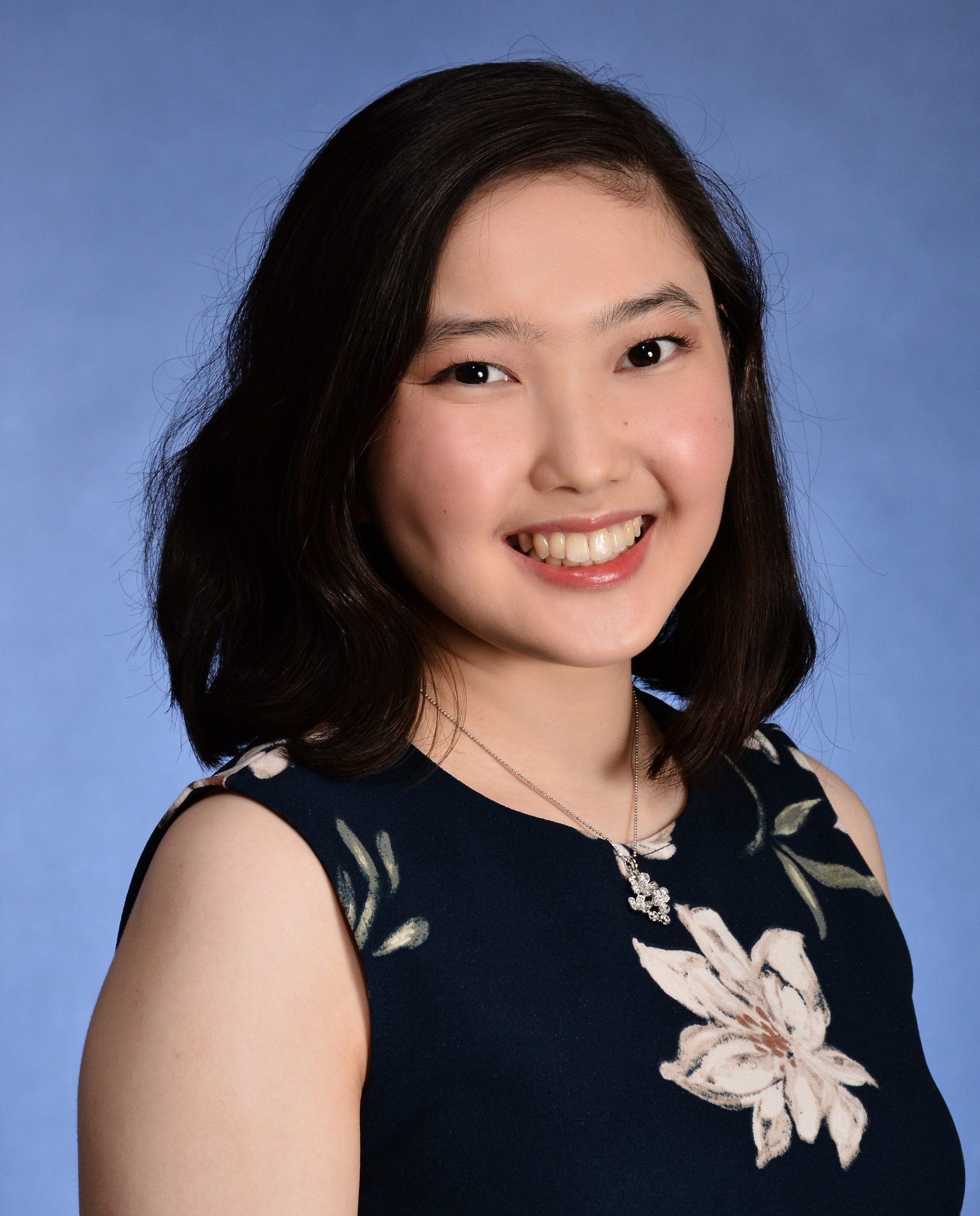The Kinesiology Mentorship Program provides students with a unique opportunity to network with Kinesiology alumni, explore different career possibilities, develop transferable skills and learn more about themselves in an intentional way.
Mentee Experiences
Students participating in the Mentorship Program have reported that through working with a mentor that is focused on supporting their success, they were able to leverage their strengths, build new skills and improve their confidence in talking about their own career development. Here’s a few tips from past mentees:

“You will be provided with tons of resources including people to help you reach your goals. There is nothing to lose, so why not give it a try!” Meg Hung, student mentee IKDN, 2019/20 cohort

“I hesitated for two years before joining the mentorship program in my final year. After joining the program, I learned to be more proactive in creating and finding learning opportunities for my career development. If you are on the fence of joining this program, do not be afraid to make mistakes. This mentorship program is the best opportunity for us to push ourselves out of our comfort zones and create meaningful connections before we have to do it on our own once we graduate.” Suzanne Ng, mentee, BKIN 2020, 2019/20 cohort

“I loved the fact that I was able to connect with other mentees and their mentors during the welcome event, allowing me to expand my professional network. Having gone through the mentorship program twice during my time at UBC, I found that performing an informational interview benefited me the most as I was able to exercise my interviewing skills and learn more about the profession of my chosen interviewee. In addition, more-experienced professionals in the field may ask you questions you may have never thought about and can help you shape what you want your career goal to look like. If you ask me, I think it’s a win-win to participate in the mentorship program!” Stephanie Yu, mentee, BKIN 2020, 2019/20 cohort
Read about more student mentee experiences
What will I learn as a mentee?
- Build supportive relationships with UBC KIN alumni and peers
- Learn about different professional work experiences through conducting an informational interview with an industry professional other than your mentor
- Develop learning objectives to guide your career development throughout the program
- Learn how to ask good questions and share your experiences and strengths with others
- Reflect on what you’ve learned and apply your knowledge towards future career decisions
- Explore the application of your undergraduate Kinesiology degree and the diverse range of career options available for graduates
- Build and strengthen your communication skills and network through attending career related events, workshops or career fairs
Program Expectations
Click here for an overview of Mentor and Mentee program expectations.
Other Resources
Frequently Asked Questions
The program is open to all undergraduate year levels.
Mentee selection will be based on meeting the eligibility criteria, and the availability of mentors.
Mentors and mentees are matched based on a variety of factors that include common interests, career goals and/or interests and areas where a mutually beneficial partnership can be established. We believe that student mentees can learn a significant amount from mentors, regardless of their career interests. The more specific student mentees can be in their application regarding what their career interests are, what their motivations are for participating and what they hope to gain from the program, the more likely they are to be matched with a mentor that aligns well with them.
Mentees and Mentors will be introduced over email and then connected to the program cohort at the program Kick-Off in October. After initial contact, mentoring pairs can conduct their monthly check-ins in-person, or over zoom, pending preferences.
• Learning Objectives
Describing your goals in written format significantly increases the likelihood that you will achieve them. In this activity, you will document four learning objectives that you will commit to achieving by the end of the program using the SMART objectives format.
• Mid-Point Reflection
A key aspect of an experiential learning experience is reflecting on what has been learned in the experience. This activity will guide you through a variety of reflection questions to gain a greater understanding of what has been learned in the first half of the mentorship program and discover how you can apply your learning to your career development.
• Informational Interview
Here, you will be conducting an interview with a professional in your preferred industry or field to gather information about your area(s) of career interests.
In addition to meeting with your mentor once per month to check in and review progress on your learning objectives, there are a diverse range of opportunities available to you - it depends on your mentoring partnership. In the past, some mentees have had the opportunity to attend a meeting, attend a networking event, visit their mentor's workplace, attend a workshop, conduct an informational interview, discuss different types of career/job options, review your resumes and more.
Mentors come to the program from a variety of backgrounds including:
- Physical Trainers
- Business Owners
- Occupational Therapists
- Fitness Administrators
- Recreation Facility Managers
- Physicians / Medical Students
- Physiotherapists
- College Professors
- Event Managers
- Lawyers
All program participants will receive a Mentorship Program handbook as well as a list of the three (3) career building activities which must be completed throughout the program’s duration. Once selected to the program, you will participate in a mentee orientation session with other program participants. This session will provide you with more information on the program, the roles and responsibilities of a mentee and an opportunity to meet and connect with other program participants.
There are a variety of different ways that Mentors help Mentees in their development. These include:
- Provide professional development opportunities
- Provide guidance on workplace expectations, professional relationship and career paths
- Model professional behaviour
- Assist mentees with exploring different career options
- Provide support and assistance with the development of interview, resume building and networking skills
- Provide direction for networking and contacts within the Kinesiology field
- Assist with the development of professional communication skills in an interview or networking context
- Goal Setting
- Help mentees establish career, professional, academic and personal goals
- Provide mentees with support and direction for attaining established goals
The Mentoring Program only matches mentors to one mentee at a time, to enable you to focus specifically on that partnership during the six month period. However, we encourage mentees to expand their network by connecting with other mentors at program events, and on LinkedIn.